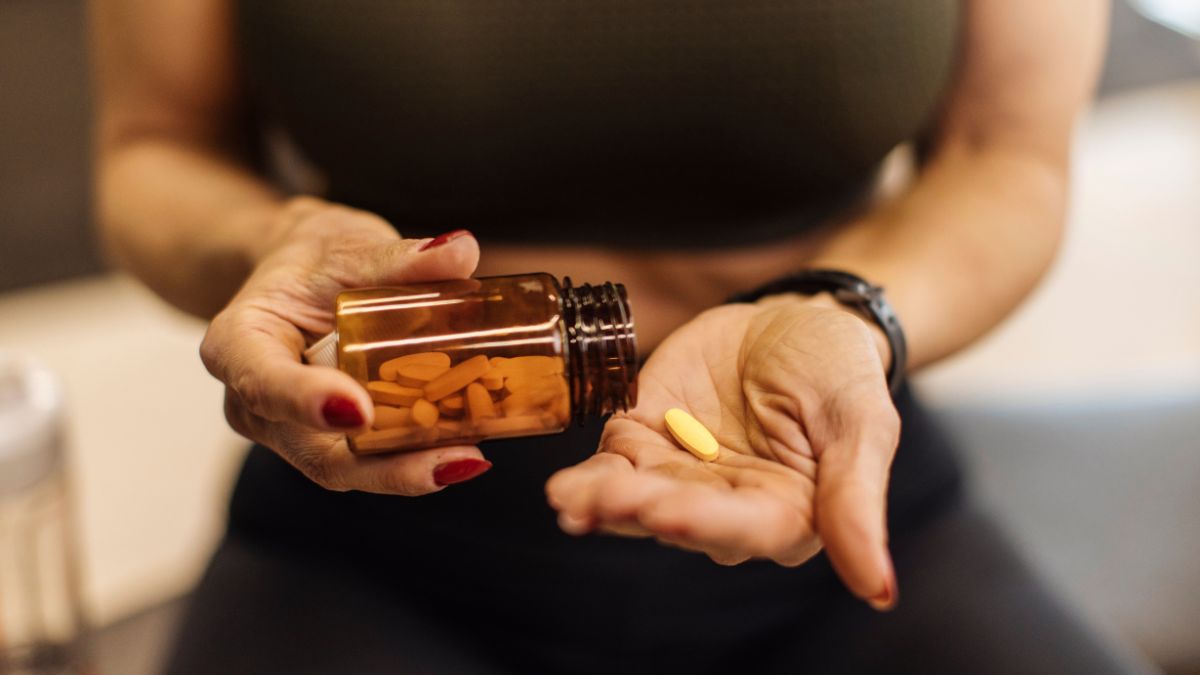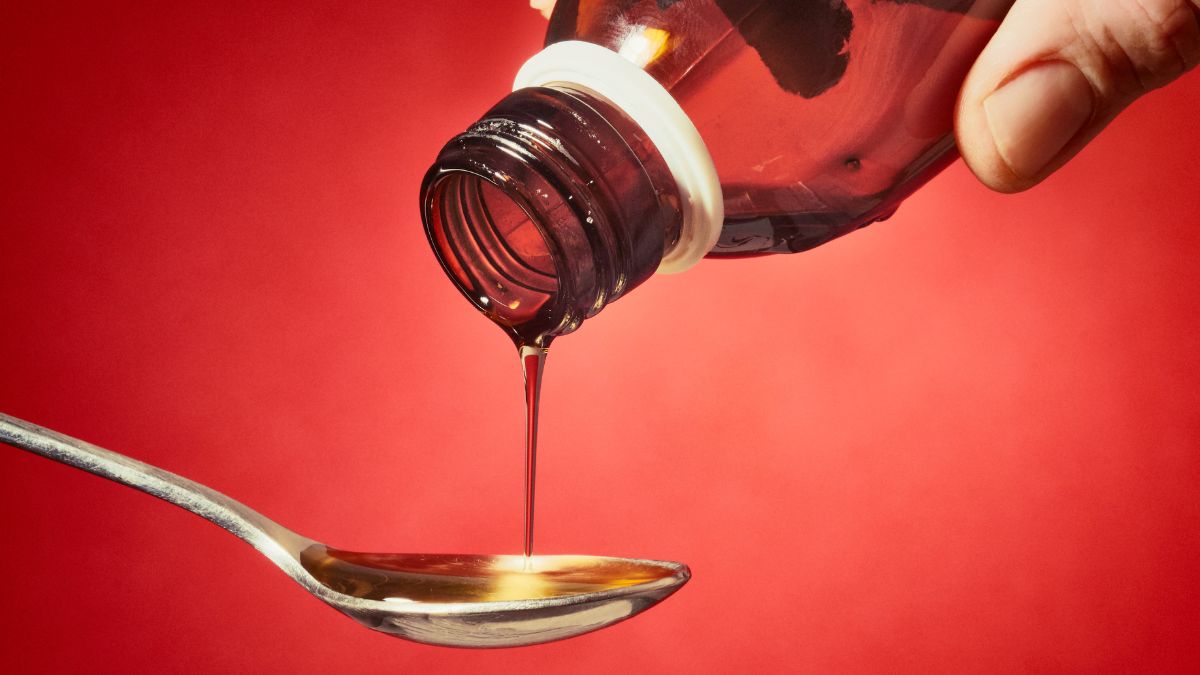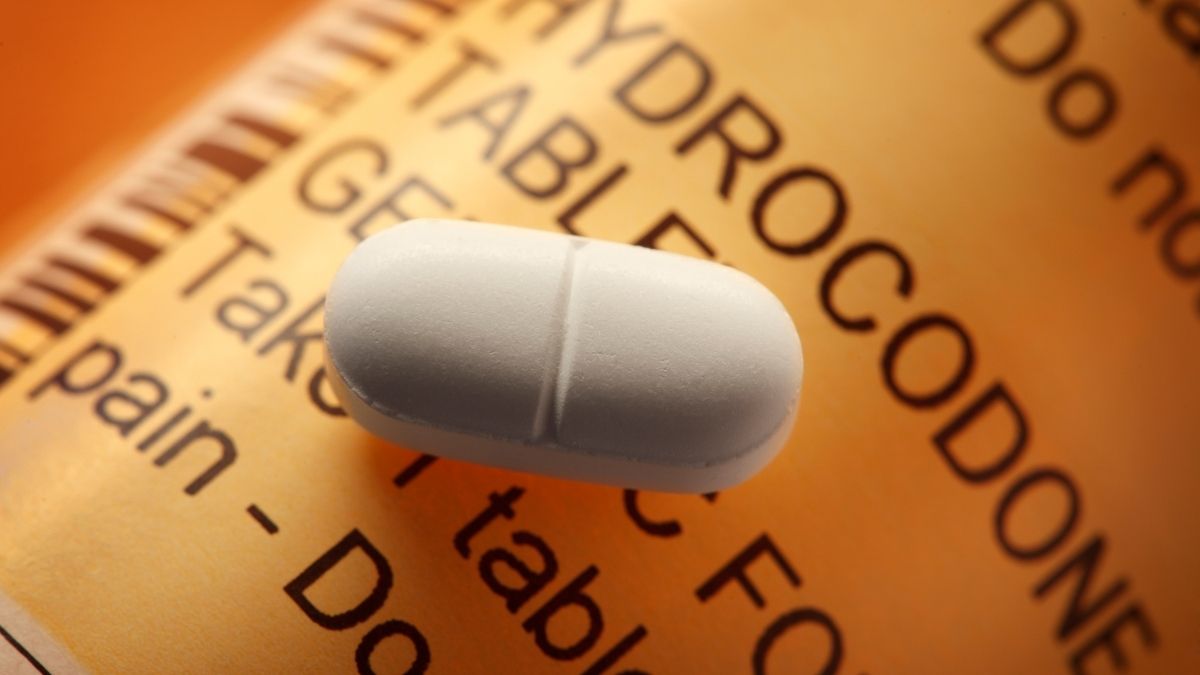Quitting alcohol for 30 days might have seemed like a huge task for you before recovery, but now that you are here, it is happening. You might have already heard of the benefits you can receive by quitting alcohol, but something that you may not be ready for are the challenges and what comes after these 30 days. If you are there, then we hope this article sheds light on what you can expect, what you need to be prepared for, and what comes next.
What Happens to Your Body After 30 Days Without Alcohol?
Sobriety is healthy, but it is not easy. Giving up alcohol can be challenging, especially during the first month of sobriety when you can experience alcohol withdrawal symptoms, which are extremely intense and unpleasant. By seeking licensed medical monitoring and detox, these symptoms can be managed. So, you are off to a kind of tricky start to sobriety, but as the days go by and two weeks turn into a month, you begin to experience the real benefits of being 30 days without alcohol. These can seem small at the outset, but these experiences are the ones you have longed for a long time by now.

Better Sleep and Energy:
As soon as you quit alcohol, your body begins to adjust to it. During this time, sleep disturbances, wakefulness, night sweats, lethargy, and fatigue can become too common. But hang on, better sleep and energy levels are just around the corner.
By day five itself, many report better sleep. Moreover, by week two, as withdrawal symptoms subside, you notice that without alcohol to disrupt your daily life and functioning, you begin to sleep better. As your mind and body get a chance to rest and rejuvenate, you embrace the coming day with a twinkle in your eye and a light spring in your step.
Weight Loss and Metabolism Boost:
Like we told you, two weeks after staying away from alcohol is when you begin to experience the real benefits. You might have heard that giving up alcohol will lead you to lose weight; while that does not happen immediately, by week two, you begin to notice that you are losing weight as a consequence of giving up alcohol’s calories.
What makes shedding those pounds possible is the metabolism boost your body gets. When you consume alcohol, it slows down your metabolism rate, making it difficult for your body to process fats and sugar efficiently. Without alcohol to slow down your metabolism, losing weight becomes easy. Furthermore, you are also unlikely to engage in unhealthy eating habits like late-night eating when you are not drinking, which contributes to this.
Liver Recovery and Heart Health:
You might already know that alcohol hits your liver the hardest. Yet, the good news is that your liver can heal and recover amazingly well. When you remove alcohol from your routine, it will enhance your liver function within just 4 weeks. A healthy liver will enable you to get rid of the excess fat from your body, and you might be surprised to hear this - a good liver also means good skin (we shall learn more about this further).
Furthermore, alcohol consumption can increase your blood pressure, which is one of the main reasons that affects your heart health and gives rise to heart disease. When there is no alcohol in your system, your heart health will also improve.
Clearer Skin and Hydration:
Alcohol can adversely impact every aspect of your mind and body. This includes your skin. Alcohol can lead to puffy, red skin. But when you stay off alcohol, your skin health begins to improve. It is better hydrated, becomes clearer and glowy, and even reduces the risk of conditions like eczema.
Mental and Emotional Benefits of 30 Days Sober
As alcohol withdrawal symptoms begin to subside, your mental and emotional health also begins to improve. As alcohol is a central nervous system (CNS) depressant, it slows down your brain activity and changes the brain chemistry and functioning. This can lead to anxiety, depression, and other mental health challenges. So, When you give up alcohol, you stand to gain a wide range of mental and emotional benefits, as well as a deep sense of gratitude in recovery.
Lower Anxiety and Depression:
As we told you, when you stay off alcohol, it improves your body’s functioning and health in several ways. Since the mind and body are so intricately connected, it begins to impact your mood as well. When you experience better energy, your mood improves, and as a result, your anxiety and depression levels come down.
However, even after giving up alcohol, if you do not see an improvement in your anxiety and depression symptoms, then it is advisable to contact your therapist.
Clearer Thinking and Focus:
Giving up alcohol allows you to see in a better, brighter light. Both literally and figuratively. As alcohol fogs your thinking and cognitive functioning, there is a lot of mental clutter that can hinder your problem-solving, decision-making, and judgment skills. But when you are able to get alcohol out of your system, it clears this fog - this mental clutter - and allows you to think and focus better. This, in turn, enhances your productivity and performance levels, too.
Boosted Mood and Motivation:
Alcohol can change the way your brain functions - it slows down brain activity. While this induces relaxation and peace, heavy and prolonged drinking is detrimental to your mood. It leads to anxiety, depression, and other problems. But when you give up alcohol, you find that your brain functioning begins to stabilize, and your body remains energized and hydrated. This uplifts your mood and concentration levels, which, in turn, enhances your motivation levels as well.
Call Design for Recovery to Begin Your Healing Journey!
Reach out to our team to discuss sober living options and next steps toward a healthier routine.
Common Challenges After 30 Days Alcohol-Free
Now, we get to the difficult part. Sobriety is beneficial to your health, but nothing in life comes without its challenges. Yes, sobriety, especially your early days of sobriety, can be tricky. It can seem unnatural until you get used to this new way of life. So, when you are aware of the challenges, you will be better prepared for them.
Lingering Cravings or Habits:
At the end of the day, alcohol is a habit. Getting rid of habits is very difficult, especially one that gives rise to such intense cravings. While this is true, what is also true is that this is a good time for you to apply the coping skills you learned during therapy to better manage your cravings and kick the habit once and for all.
Social Pressure and Triggers:
Do you remember the saying "Like begets like”? When you misuse alcohol, you generally tend to associate with others who do. So, when you quit alcohol, suddenly, you are the odd one out. Indeed, there are social pressures and even triggers to just have that one drink - after all what can one drink do? But remember, do not give in. One drink has the power to undo your entire recovery. So, establish your boundaries and stick to them. Those who truly care for you will respect you and your decisions. The others? However difficult it may be, it is best to avoid them or cut them off.
Emotional Fluctuations:
The early days of sobriety, especially the first two weeks, can be an emotional rollercoaster. You can easily go from wanting to quit alcohol to craving for more. During this time, you need all the support you can get - keep in contact with your therapist and have your social support system around you to provide you with the motivation and encouragement you need. Remember, this, too, will pass.
Contact Design for Recovery Today!
Fill out our quick form to connect with a peer mentor and learn how our sober living community supports accountability, structure, and personal growth in recovery.
Tips for Staying Sober During a 30-Day Challenge
If you are not entirely sure whether a sober life is what you want to lead and are rather sober curious, then we recommend you test the waters first. What better than a 30-day challenge? Here are some tips you can follow to stay sober during a 30-day challenge:
Set Realistic Goals:
Staying sober begins with goal setting. Do not set goals that are unrealistic or way over the top; be grounded and realistic about it. You can begin by setting specific, measurable, attainable, realistic, and time-bound (S.M.A.R.T) goals. These goals are applicable to you and within your grasp.
Replace Alcohol With Healthy Alternatives:
By replacing alcohol with healthy alternatives, you are keeping your brain and body hydrated. Drink lots of water and fruit juices, and you can even dive into one of those delicious-looking mocktails.
Lean on a Support System or Sober Community:
A 30-day challenge, while not a long time, can still seem like one. But family and friends can make it easier for you. Surround yourself with those loved ones who enable your sobriety. When things get difficult and overwhelming, you can lean on them for support, encouragement, and distraction.
Can You Still Have Withdrawal Symptoms After 30 Days?
Alcohol withdrawal symptoms begin to subside within two weeks, typically. While this is good for your sobriety, the truth of the matter is that it can take anywhere between a few weeks and a few months for all the withdrawal symptoms to resolve completely.
Unfortunately, protracted withdrawal symptoms can stay on for months. While they are not as intense, they can still be troubling or frustrating to deal with. Therefore, it’s recommended to complement sober living with external therapy, counseling, or medication management from licensed providers.
Is 30 Days Without Alcohol Enough?
30 days without alcohol is a strong, bold step you take toward your sobriety. Indeed, it is a milestone, and you need to celebrate your victories. But is 30 days enough? The answer is no. Sobriety is a lifestyle. It needs to be your priority every day going forward from the day you have decided to recover. While this does not mean staying in rehab or therapy all your life, it means making the following lifestyle modifications that put your sobriety in the front and center:
- Avoid triggers and temptations that can undo your recovery.
- Prioritize your self-care.
- Eat a nutrient-rich diet.
- Exercise daily - you can begin small and extend it to one hour per day.
- Engage in healthy living practices like meditation, mindfulness, and yoga.
- Cultivate sober connections through sober living facilities and 12-step recovery meetings.
- Do not hesitate to reach out to your therapist when you feel overwhelmed or on the verge of a relapse.
Aftercare for Lasting Sobriety
Completing your first 30 days marks real progress, but aftercare ensures momentum continues beyond this milestone.
At Design for Recovery, sober living homes bridge the gap between early recovery and independent life by offering structured daily routines, peer accountability, and supportive community.
These environments reinforce healthy habits formed during treatment, provide ongoing mentorship, and equip residents with real-world skills budgeting, job readiness, relationship repair, while maintaining distance from old triggers and social circles that fueled drinking.
Combined with external regular therapy and support groups, aftercare transforms 30 days of sobriety into a sustainable, lifelong commitment to health and purpose.
- What Happens to Your Body After 30 Days Without Alcohol?
- Mental and Emotional Benefits of 30 Days Sober
- The Hidden Benefits You May Often Overlook
- Common Challenges After 30 Days Alcohol-Free
- Tips for Staying Sober During a 30-Day Challenge
- Can You Still Have Withdrawal Symptoms After 30 Days?
- Is 30 Days Without Alcohol Enough?
- Aftercare for Lasting Sobriety
Begin Lasting Sobriety Now!
Frequently Asked Questions
A: After 30 days sober, you can experience better sleep, increased energy, improved liver function, metabolism boost, weight loss, clearer skin, and enhanced heart health.
You may notice reduced anxiety and depression, clearer thinking and focus, boosted mood and motivation, and overall improved mental clarity as your brain chemistry stabilizes.
Yes, while withdrawal symptoms usually subside within two weeks, some protracted symptoms and cravings can last for weeks or months. Ongoing support is important to manage these challenges.
Set clear boundaries, avoid situations or people that encourage drinking, lean on your support system, and use coping skills learned in therapy to stay focused on your recovery goals.
Thirty days is a significant milestone but not the end. Recovery is a lifelong process involving lifestyle changes, self-care, therapy, and community support to maintain lasting sobriety.
https://www.ncbi.nlm.nih.gov/pmc/articles/PMC5513683/
https://doi.org/10.1016/b978-0-444-62619-6.00024-0.
https://doi.org/10.3390/nu9070660
https://doi.org/10.2174/15672026113109990004
https://www.ncbi.nlm.nih.gov/pmc/articles/PMC4590613/







Written By
David Beasley